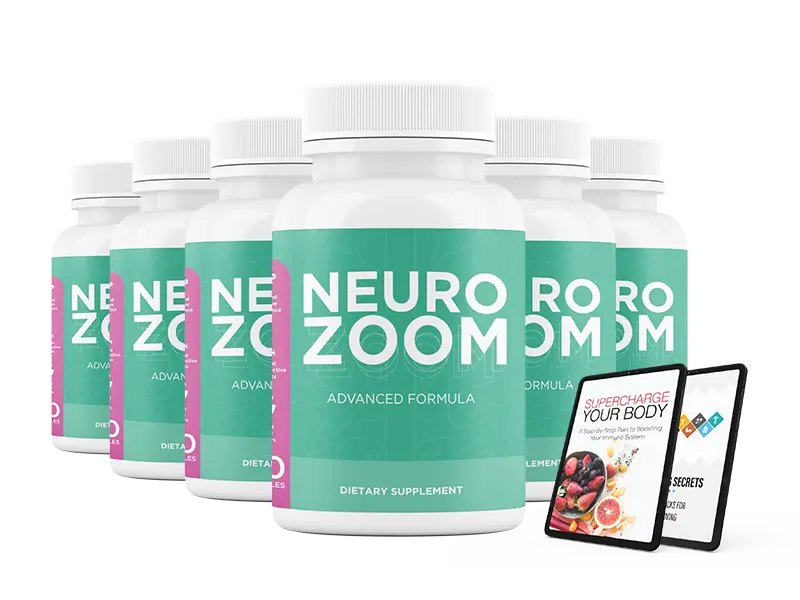
Speed Up Your Metabolism and Transform Your Life: 5 Effective Strategies for Lasting Results
Enhancing Metabolic Function Through Movement
The Power of Exercise on Metabolism and Health
Physical activity serves as a key driver for metabolic enhancement. Regular movement stimulates numerous biochemical processes that effectively transform nutritional intake into usable energy. Exercise not only burns calories during the activity itself but continues to influence metabolic function hours afterward.
Your body naturally converts food into energy through metabolism, and regular physical activity can significantly optimize this process. Many studies have shown that even moderate exercise can increase the number of calories your body uses throughout the day.
Understanding Your Body’s Energy System
Metabolism encompasses all biochemical processes that convert food into the energy needed for cellular functions. The basal metabolic rate (BMR) represents the calories your body requires at rest to maintain vital functions like respiration, circulation, and cell production.
Several factors influence metabolic rate:
- Age: Metabolism typically slows by 2-3% per decade after age 30
- Muscle mass: More muscle requires more energy to maintain
- Body size: Larger bodies generally have higher metabolic rates
- Genetics: Inherited traits affect how efficiently you burn calories
- Hormonal factors: Thyroid function and other hormonal processes impact energy use
The good news is that regular physical activity can support your metabolism, even as you age.
Metabolic Advantages of Regular Activity
Physical exercise delivers multiple metabolic benefits:
| Benefit | Description |
|---|---|
| Increased Daily Energy Expenditure | Both during and after exercise, your body burns additional calories |
| Enhanced Muscle Development | Resistance training builds muscle tissue that consumes more energy than fat tissue |
| Improved Glucose Regulation | Exercise enhances insulin sensitivity, promoting better blood sugar control |
| Optimized Hormone Balance | Activity helps regulate metabolism-influencing hormones like cortisol and insulin |
| Better Fat Utilization | Regular exercise teaches the body to access fat stores more efficiently |
These improvements create a cycle of better metabolic health that supports weight management and overall wellbeing.
Exercise Varieties and Their Metabolic Impact
Different forms of physical activity affect metabolism in unique ways:
- Cardiovascular Training
- Elevates heart rate and energy use
- Examples: running, swimming, cycling
- Most effective for immediate calorie burning
- Resistance Exercises
- Increases muscle mass which raises metabolic rate even at rest
- Includes weightlifting and bodyweight exercises
- Provides longer-term metabolic benefits
- High-Intensity Interval Training (HIIT)
- Alternates intense effort with recovery periods
- Creates “afterburn effect” (excess post-exercise oxygen consumption)
- Delivers maximum metabolic impact in minimal time
- Flexibility and Mobility Work
- Supports more effective movement patterns
- Enables higher-quality exercise performance
- Indirectly enhances metabolic function through improved activity capacity
Developing Your Metabolic Enhancement Plan
Creating an effective exercise regimen requires thoughtful planning:
- Establish realistic goals based on your current fitness level
- Incorporate variety to challenge different energy systems
- Schedule consistency with 3-5 exercise sessions weekly
- Progress gradually to avoid injury and burnout
- Monitor recovery to ensure optimal adaptation
The most effective plan includes both cardio and strength components. Start with sessions that feel manageable—even adding interval training to your routine can significantly boost metabolism in less time.
Maximizing Your Metabolic Potential
Regular physical activity stands as one of the most effective strategies for enhancing metabolic function. Through consistent exercise, your body becomes more efficient at producing energy, burning calories, and maintaining healthy body composition.
The speed of metabolism depends on various factors including age and genetics, but regular exercise remains one of the few factors you can actively control. By implementing a sustainable exercise routine that includes both cardiovascular and strength components, you can optimize your metabolic health for years to come.e through exercise? Start today and share your experience in the comments!
✅ Click Here Learn several exercises
📌 Did you find this helpful? Save and share with someone who needs motivation to get moving! 🚀
physicalactivity #metabolism #health #wellbeing #physicalexercise #healthylife






